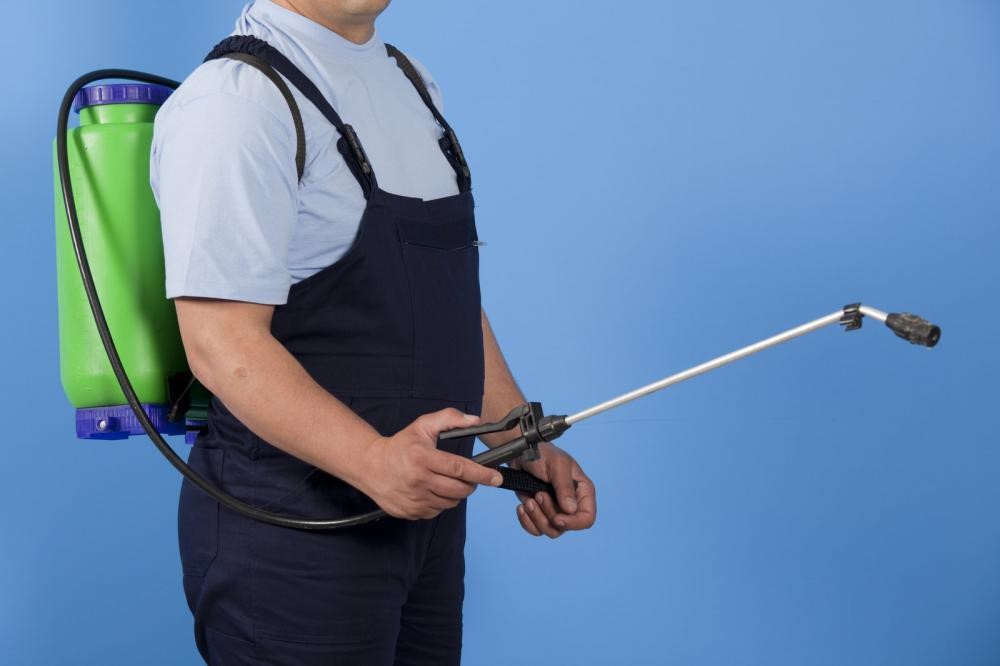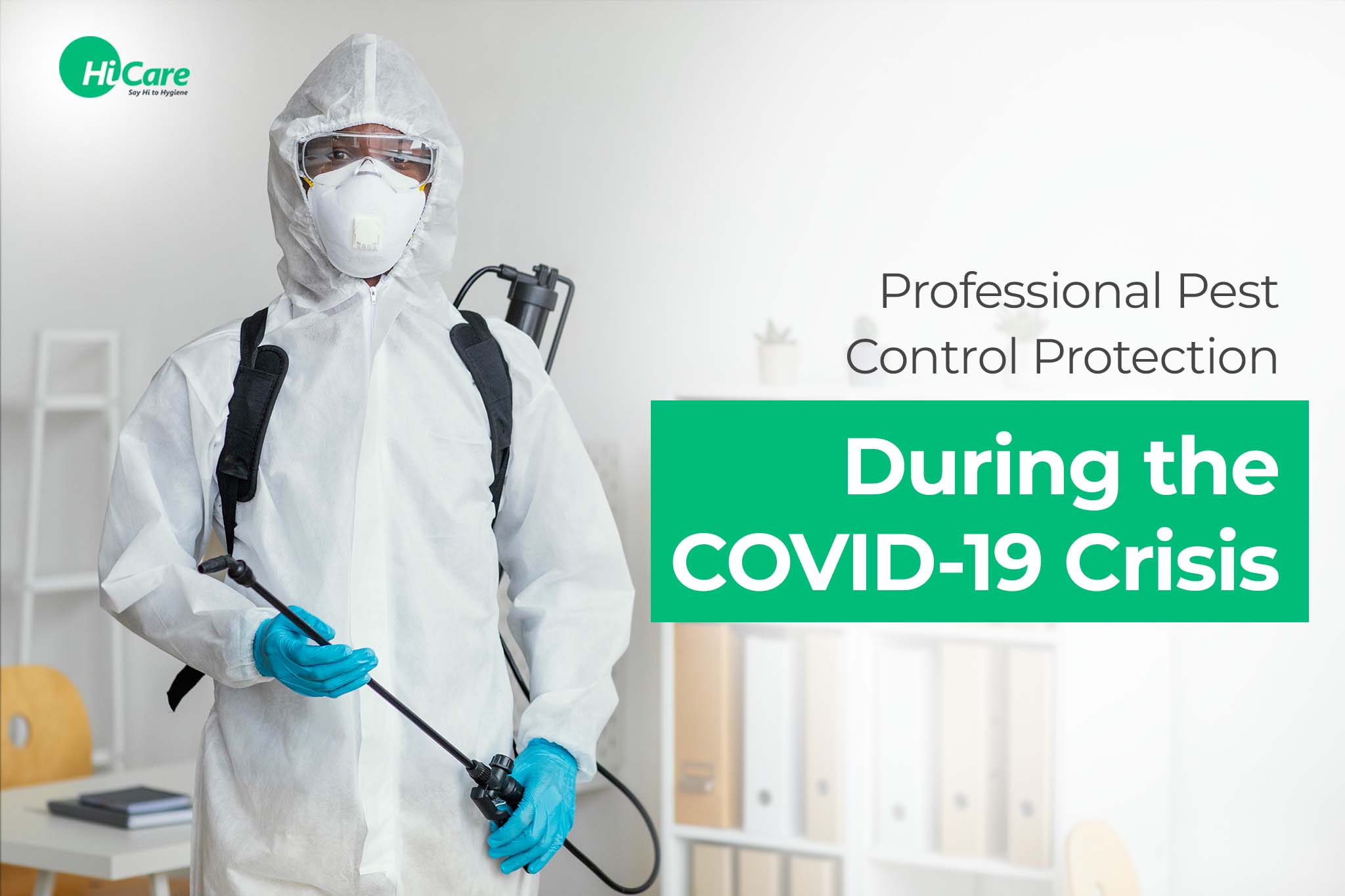Comprehensive Pest Control Clovis Solutions for each Demand
Comprehensive Pest Control Clovis Solutions for each Demand
Blog Article
Comprehending the Various Techniques to Pest Control: A Comprehensive Guide

Natural Parasite Control Methods
Utilizing environment-friendly methods such as companion growing and organic insect control is important for effectively taking care of bugs in agricultural settings. Companion growing entails expanding various plants in proximity to discourage insects, enhance nutrient uptake, and improve total plant health and wellness.
Biological pest control involves introducing all-natural predators or microorganisms to manage pest populations. Ladybugs, for example, feed upon aphids, controlling their numbers without the need for chemical pesticides. An additional instance is using Bacillus thuringiensis (Bt), a bacterium that targets details insect bugs while being harmless to human beings, animals, and valuable bugs.
These environmentally friendly methods not only minimize the reliance on artificial chemicals but additionally help protect biodiversity and dirt health and wellness. By including natural parasite control techniques right into agricultural techniques, farmers can accomplish sustainable bug management while reducing adverse influence on the atmosphere.

Chemical Bug Control Solutions
Along with natural insect control techniques, the application of chemical pest control services plays a considerable duty in properly managing pest populations in agricultural environments. Chemical insect control services are formulated to target specific parasites that might cause comprehensive damages to plants. These options often contain synthetic pesticides that are designed to eliminate insects rapidly and effectively.
One of the essential advantages of chemical insect control services is their effectiveness in controlling insect infestations on a large scale. Farmers can use these remedies making use of different techniques such as spraying, fumigation, or seed treatment to shield their plants from dangerous bugs, weeds, and illness. Additionally, chemical pest control solutions are reasonably very easy to apply and can offer rapid results, aiding farmers guard their returns and reduce economic losses.
Nonetheless, it is necessary to utilize chemical parasite control options sensibly to minimize prospective negative influences on the atmosphere, non-target microorganisms, and human health and wellness. Proper application methods, adherence to safety standards, and regular tracking are essential to make certain the accountable usage of chemical insect control remedies in agricultural techniques.
Biological Parasite Control Approaches
Biological bug control approaches take advantage of all-natural predators or microorganisms to take care of insect populaces in farming settings successfully. This method uses a environmentally friendly and lasting solution to pest administration, minimizing the dependence on synthetic chemicals and reducing injury to the click now setting. One common biological control strategy is the introduction of natural opponents, such as ladybugs or parasitical wasps, to target details pests. These predators eat the parasites, aiding to control their populations naturally - pest control clovis.
Another biological control method involves using pathogens like bacteria, viruses, or fungi to contaminate and eliminate pests. These microbial agents can be sprayed on crops or presented right into the soil to battle different bugs without damaging useful bugs or other wildlife. In addition, the usage of scents to interrupt the mating patterns of parasites is an additional efficient biological control strategy. By hindering their recreation, this approach aids to minimize insect populaces without the need for chemical treatment. Generally, biological bug control approaches supply a lasting and targeted service to pest management in farming.
Integrated Insect Monitoring (IPM)
Integrated Insect Monitoring (IPM) is an extensive strategy that combines different pest control methods to efficiently take care of and reduce pest populaces in agricultural systems. IPM focuses on lasting prevention of parasites through a Home Page mix of biological, cultural, physical, and chemical control approaches. By integrating these different strategies, IPM aims to lower reliance on chemical pesticides, decrease environmental impact, and advertise lasting pest administration methods.
One trick facet of IPM is the use of biological controls such as natural predators, parasites, and pathogens to control insect populations. This technique uses the power of nature to maintain a balance between pests and their natural adversaries without creating harm to the environment.
Furthermore, IPM includes social techniques like crop cleanliness, environment, and turning control to produce undesirable conditions for insects and disrupt their life cycles. Physical controls such as obstacles, composts, and catches are also used to stop insect invasions.
Mechanical and Physical Insect Control Techniques
Utilizing non-chemical approaches, such as physical and mechanical bug control methods, is a vital element of detailed insect management approaches, building on the foundation of Integrated Pest Monitoring's alternative approach. Mechanical parasite control includes the use of physical obstacles or catches to stop pests from accessing and harming crops or frameworks. This technique can consist of methods like installing displays on windows, making use of row covers in agriculture, or using sticky traps to capture bugs.
Physical pest control techniques, on the other hand, emphasis on directly getting rid of pests via physical ways. Making use of heat treatments to eradicate bed insects or vacuuming up parasites like spiders or ants can be reliable ways to handle problems without the use of chemicals. By including these mechanical and physical insect control strategies into an Integrated Bug Monitoring plan, professionals and people can reduce reliance on chemicals while still effectively handling pest populaces and minimizing damages.
Verdict

In addition to all-natural bug control methods, the application of chemical bug control services plays a substantial function in effectively taking care of pest populations in farming atmospheres.One of the key benefits of chemical insect control remedies is their efficiency in controlling bug infestations on a huge scale.Integrated Bug Management (IPM) is a thorough technique that combines different parasite control methods to effectively handle and minimize pest populations in farming systems.Using non-chemical methods, such as mechanical and physical bug control methods, is an essential aspect of extensive insect management approaches, building upon the structure of Integrated Pest Monitoring's holistic technique. By integrating these physical and mechanical parasite control strategies into an Integrated Pest Management plan, specialists and individuals can decrease dependence on chemicals while still properly decreasing and taking care of pest populations damage.
Report this page